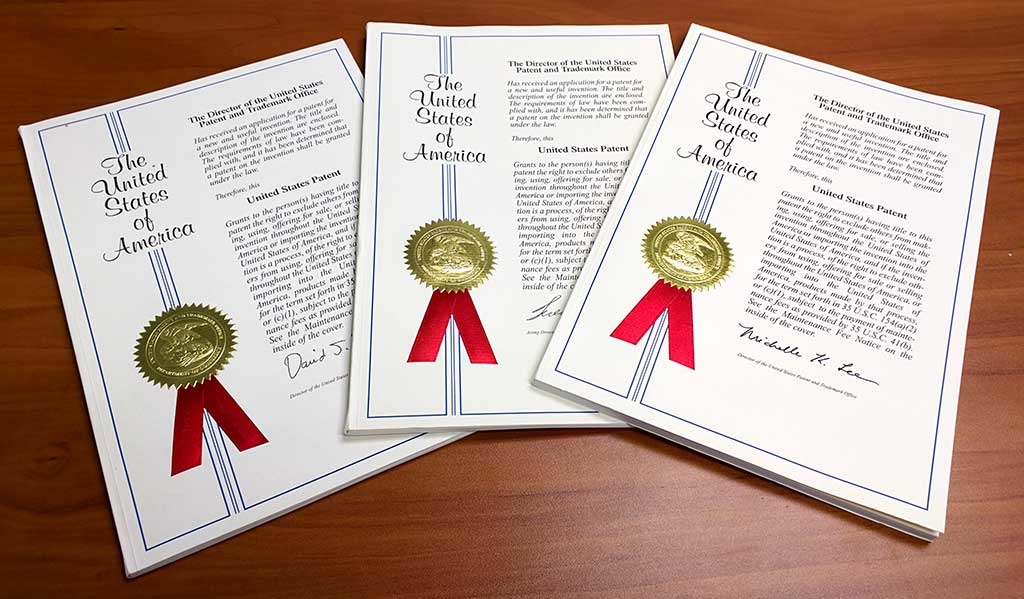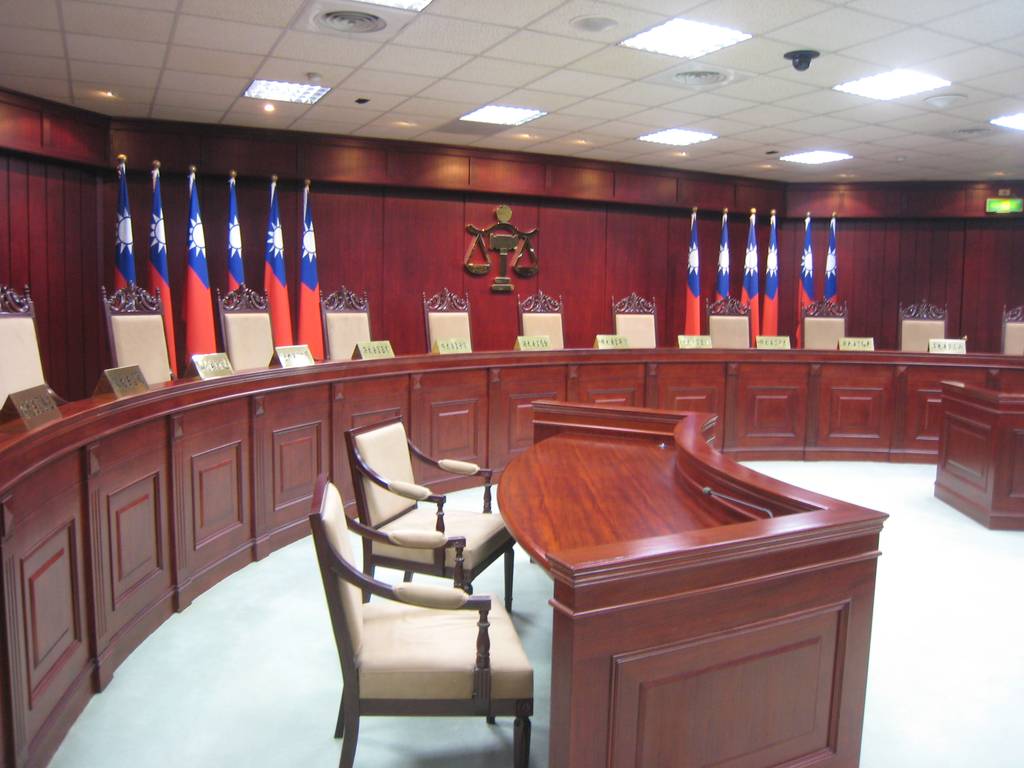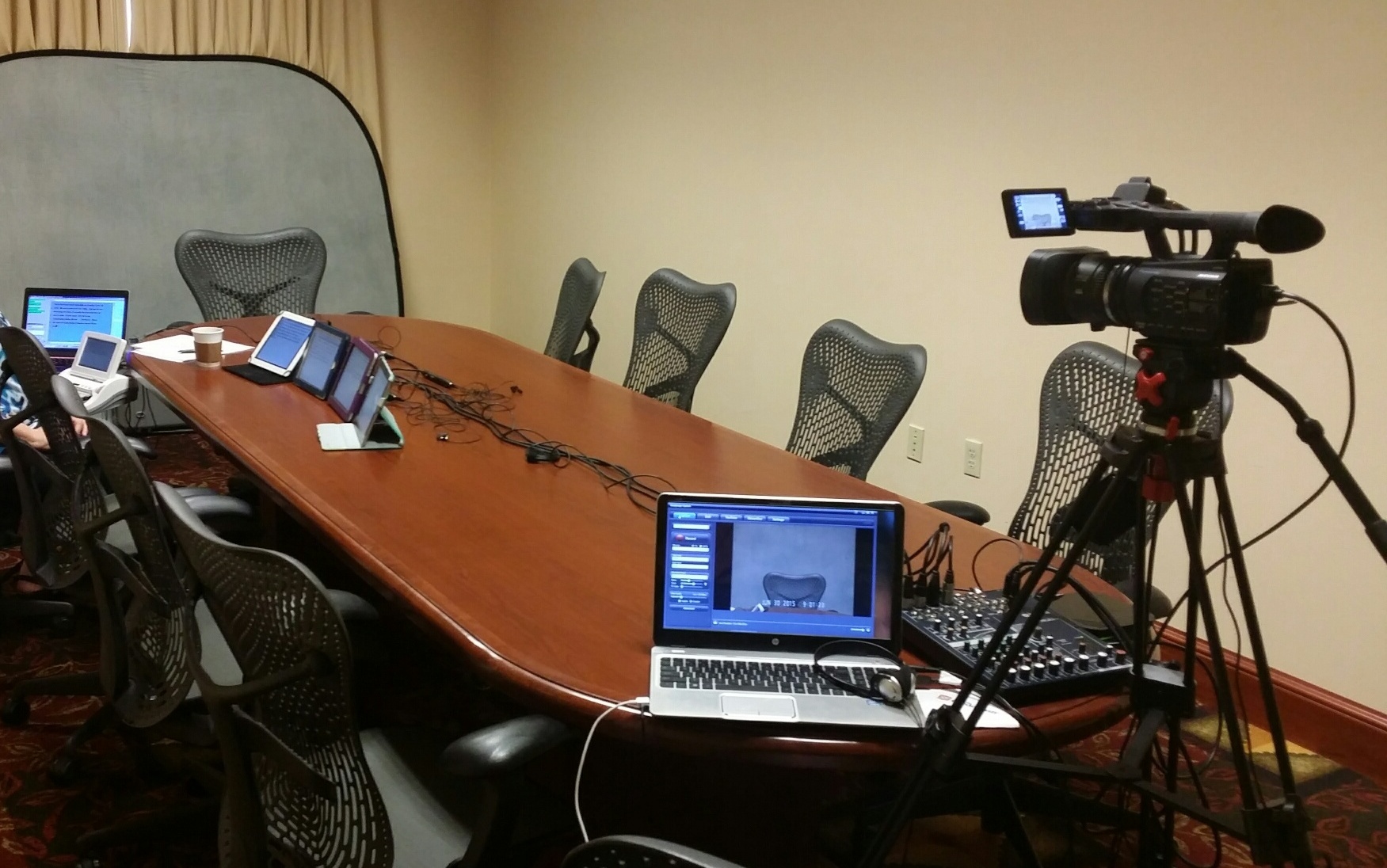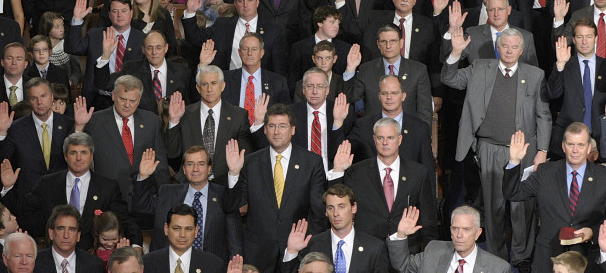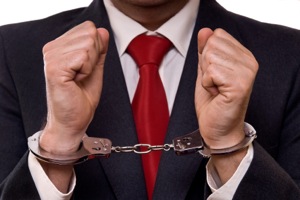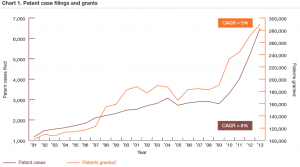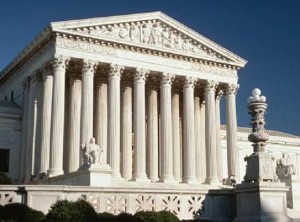The Wall Street Journal generated controversy last week when it published an article titled, “The Best Way to Fight a Patent Demand May be to Do Nothing.” The author surveyed 223 tech startups and found more than one-fifth resolved patent demands not by fighting or settling, but by “doing nothing.” She explained that patent owners often lack the resources or desire to litigate and suggested “doing nothing” might be a rational, cost-saving response.
Readers pounced, accusing the author of advocating reckless strategy and immoral disregard for the rights of inventors, but apparently most missed the point. Admittedly, the author expressed her point poorly, because she didn’t mean to suggest actually doing nothing. Instead, she explained that “doing nothing” means “looking at the claim, determining a license isn’t needed – and then filing the letter away rather than responding.”
I would go a step further. As former Legal Director at a $7 billion tech manufacturer, I received over 100 licensing demands and disposed of almost all without licensing, litigation or outside counsel, so I agree with the general sentiment. Most licensing demands can be evaluated and disposed of at no cost. However, the evaluation should be far less cursory than the above article suggests and one should almost always respond to the demand. Below is a rough outline of the types of matters that should be considered. Continue reading

